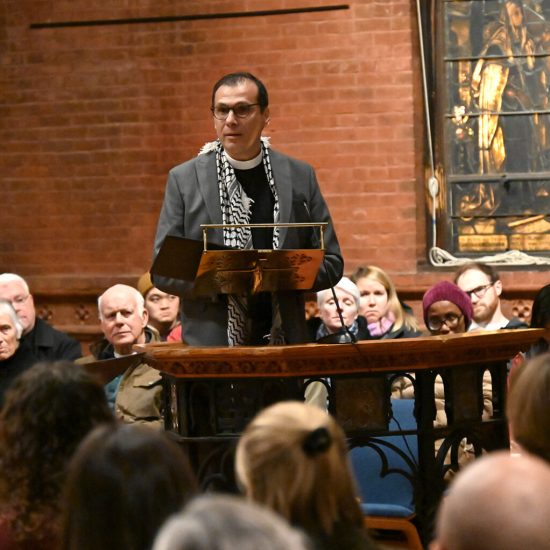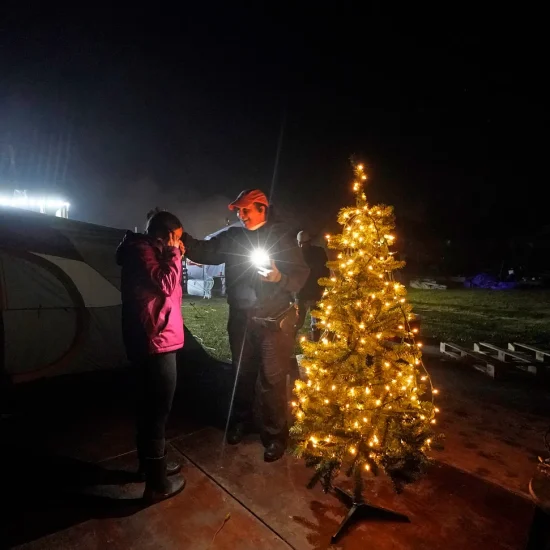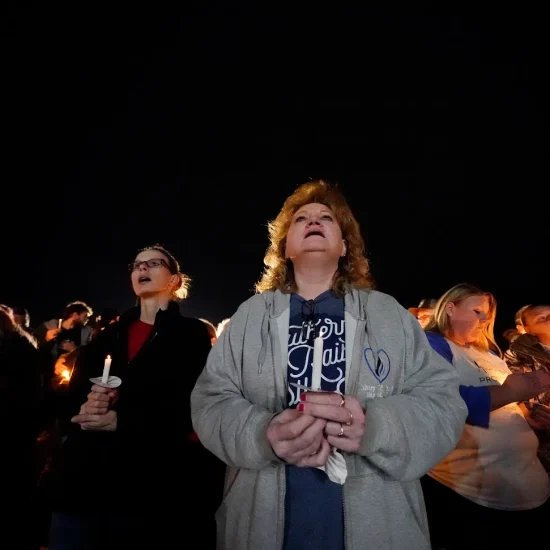Chaplain Mark Grace vice president of mission and ministry at Baylor Health Care System, offers suggestions to churches as they seek to minister to people who have sustained loss.
• Facilitate communication. “Find ways to help your members talk about loss. And that means that the pastor has to talk about it from the pulpit in an emotionally and theologically responsible way,” he said.
However, he added, resist clichés such as “Have faith, and everything will be OK” or “Don’t ask, ‘Why me?’ Ask, ‘Why not me?’”
“Don’t talk about it if all you … (can offer are) … pat answers that ignore the truth of the biblical teaching,” Grace urged.
Give grieving people—and people who have worked through the grief process—time and space to voice their own experiences, he recommended.
“Let the grieving speak,” he said. “The most powerful witnesses to hope and faith are those in your own congregation who are recovering from their own losses, as evidenced by their having been able to reinvest in life, to talk about their loss with insight and without being overwhelmed by emotion.”
• Offer service opportunities. “Provide ways for people in grief to serve others during the holiday season,” he said. “This usually doesn’t apply to people in the first three to six months after the death of a loved one, but it can be very meaningful for people searching for a way to both honor a loved one’s memory while building new holiday traditions and reinvesting in life.”
• Develop a list of local resources. Seek out counselors certified in grief recovery. Discover grief support groups. If there is not a local group, consider starting a church-based grief support group. Chaplains—such as the pastoral care staff at Baylor Health Care System—can be valuable resources for congregations as they seek to launch grief support groups, Grace added.






